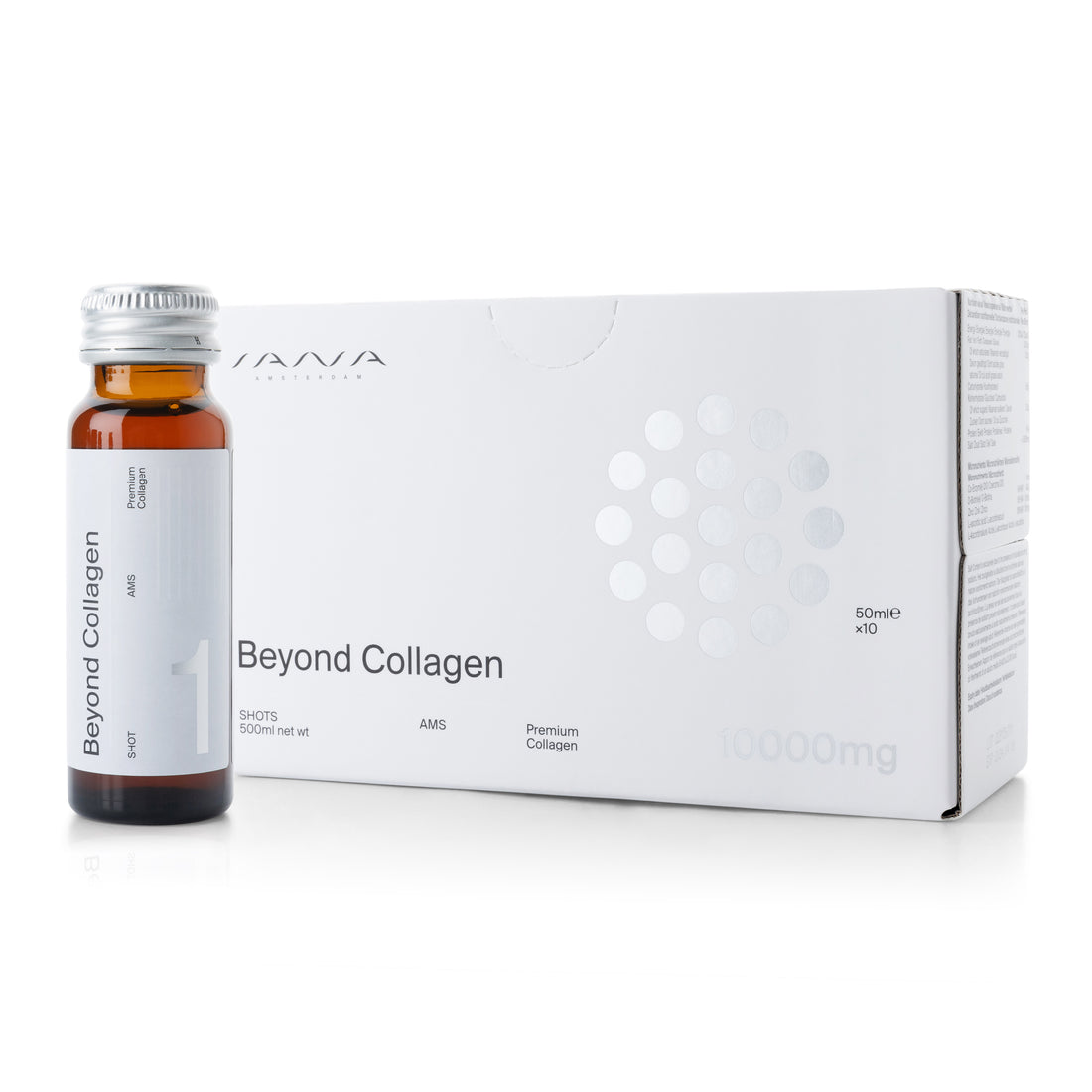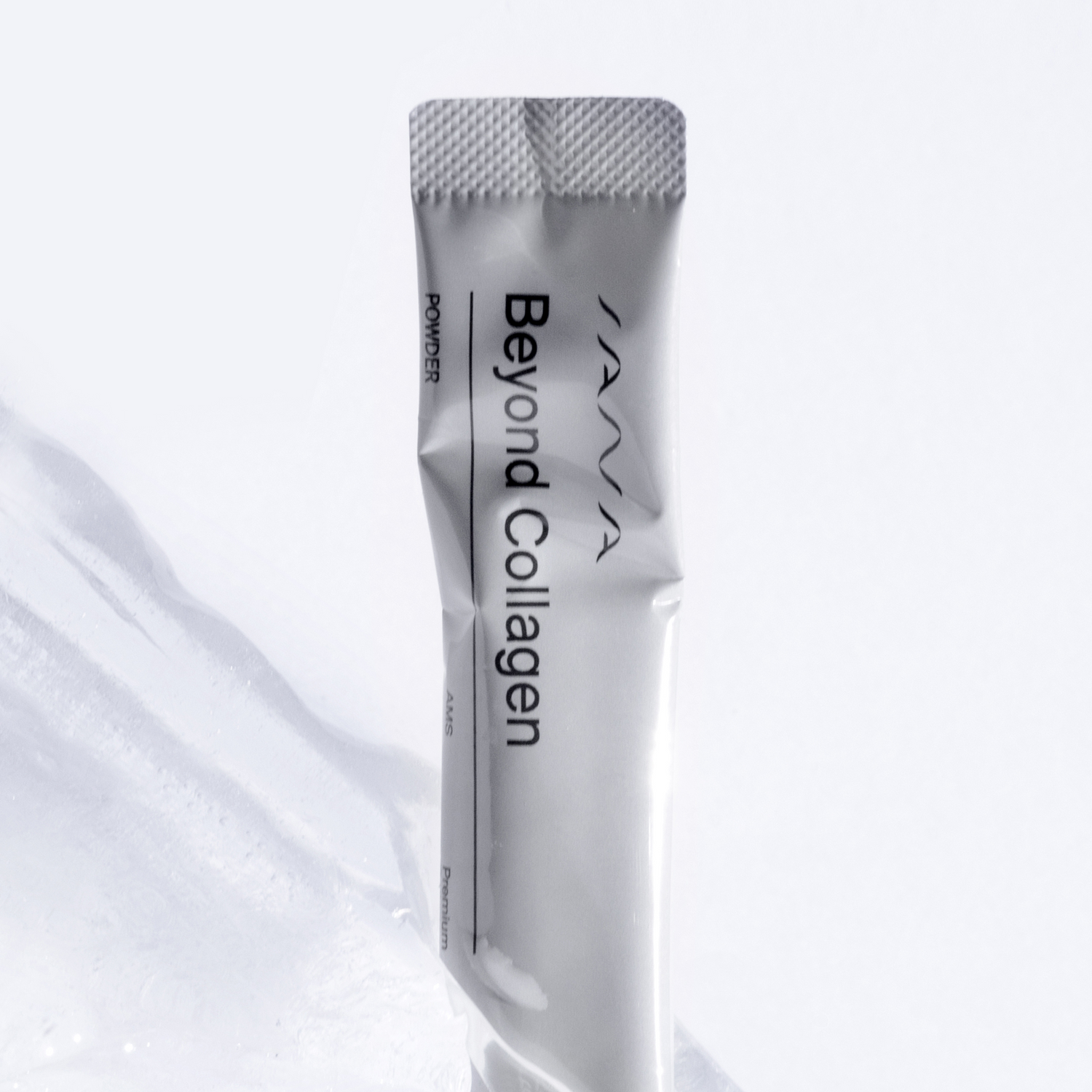The intersection of genetics and health is an ever-evolving field of study. As we unravel the mysteries of our DNA, we uncover the deep connections between our genes and various aspects of our health, including our nutritional needs. Collagen, a vital protein for our skin, joints, and overall well-being, is no exception. The question arises: Do our genes influence our collagen production and needs? Let's delve into the intricate relationship between collagen and genetics.
1. Genetic Influence on Collagen Production
Certain genetic factors can impact the body's ability to produce collagen. For instance:
- Collagen Synthesis Genes: Mutations or variations in genes responsible for collagen synthesis can affect the quality and quantity of collagen produced.
- Enzyme Activity: Genes dictating the activity of enzymes involved in collagen processing can influence its production and stability.
2. Genetic Disorders and Collagen
Several genetic disorders directly impact collagen production or structure, including:
- Osteogenesis Imperfecta: Often referred to as 'brittle bone disease', it's caused by a mutation in collagen-producing genes, leading to fragile bones.
- Ehlers-Danlos Syndrome: This group of disorders affects the connective tissues supporting the skin, bones, and blood vessels, often due to abnormal collagen synthesis.
3. Ageing, Collagen, and Genetics
While aging naturally reduces collagen levels, genetics can influence the rate of this decline. Some individuals may have a genetic predisposition to maintain higher collagen levels for longer, while others might experience a faster decline.
4. Genes and Collagen Breakdown
External factors, like UV radiation, can accelerate collagen breakdown. However, genetics also play a role. Certain genes can make individuals more susceptible to collagen degradation from external aggressors.
5. Customizing Collagen Intake Based on Genetics
With advances in genetic testing, it's becoming possible to tailor dietary and supplement recommendations based on individual genetic profiles. Some might benefit from earlier or higher collagen supplementation, while others might have lesser needs.
6. The Broader Picture: Lifestyle and Collagen
While genetics undoubtedly influence collagen synthesis and needs, lifestyle factors – diet, sun exposure, smoking, and more – play a significant role. A holistic approach, considering both genetic and external factors, is crucial for optimal collagen health.
Conclusion
Our genes provide a blueprint for various aspects of our health, including our collagen production and needs. As we unlock more insights from the world of genetics, personalized approaches to collagen supplementation, like the superior offerings from SANA Amsterdam, can guide us to better skin, joint health, and overall well-being. While genetics is a piece of the puzzle, combining this knowledge with lifestyle choices can ensure we harness the full potential of collagen throughout our lives.







